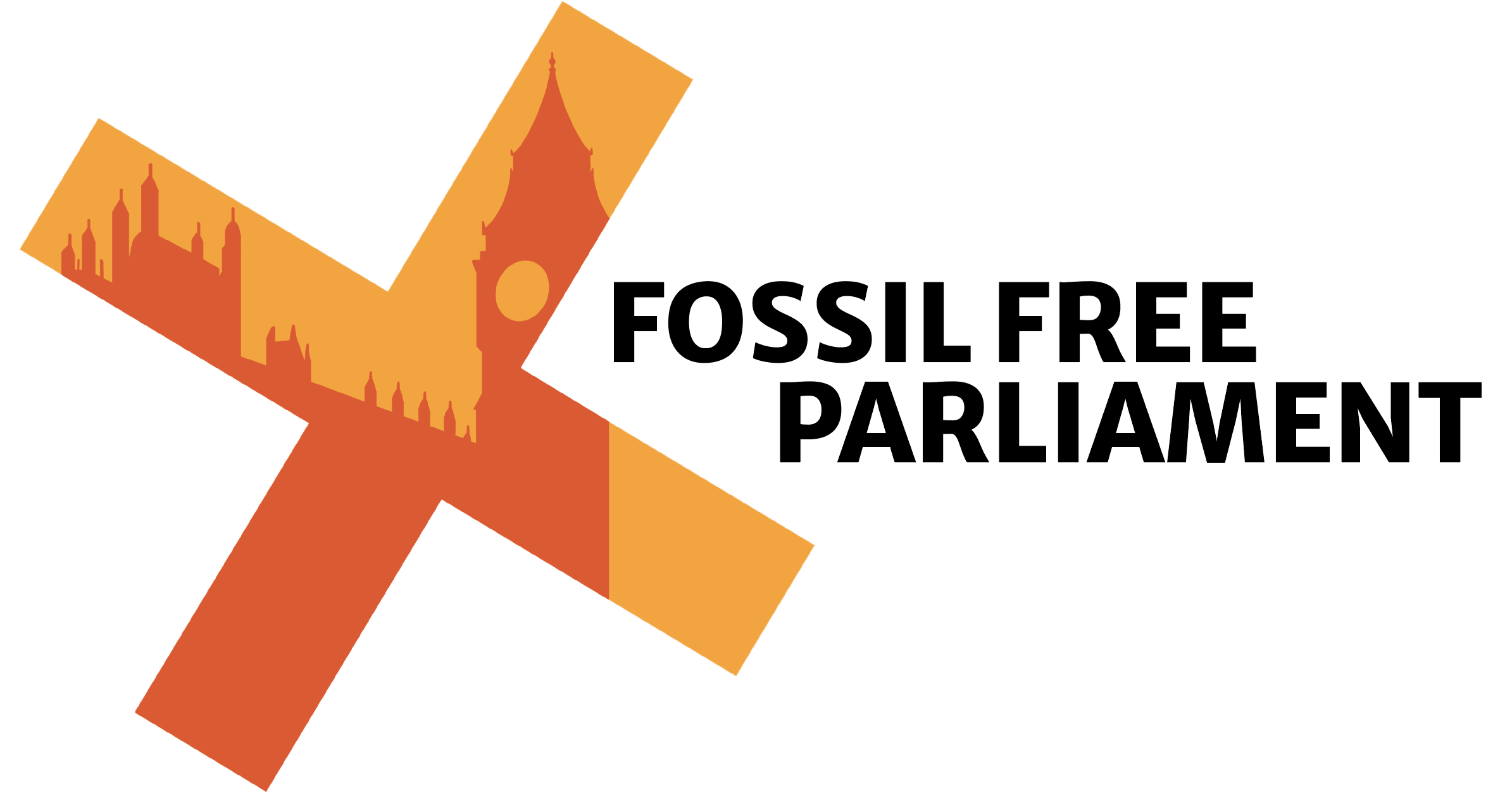Viral News | Explore around Viral and popular News this year
Prorogued: Parliament Dissolved, Resetting Political Landscape
How does the proroguing of Parliament influence the political landscape? Prorogued: Parliament Dissolved, Resetting Political Landscape
Editor's Notes: "Prorogued: Parliament Dissolved, Resetting Political Landscape" has published today date. The article explains how proroguing Parliament has important impacts on the UK's constitutional arrangements, parliamentary sovereignty and the role of the judiciary.
We've analyzed different sources and dug up some information, made comparisons, put together this Prorogued: Parliament Dissolved, Resetting Political Landscape guide to help target audience make the right decision.
Key differences or Key takeways
Transition to main article topics
FAQ
This FAQ section provides concise answers to commonly asked questions regarding the prorogation of Parliament and its implications for the political landscape.
Question 1: What is prorogation?
Prorogation is the formal suspension of Parliament, typically initiated by the monarch or their representative, the Governor-General. During this period, Parliament ceases to meet and conduct business, effectively putting all legislative and other parliamentary activities on hold.
Question 2: What are the reasons for prorogation?
Prorogation can be employed for various reasons, including ending one parliamentary session and convening a new one, allowing the government to reset its legislative agenda, or providing time for significant policy announcements or events.
Question 3: What is the impact of prorogation on pending legislation and government business?
Prorogation generally terminates all pending legislation and business before Parliament. Any unfinished debates, bills, or other parliamentary proceedings are suspended until Parliament reconvenes.
Question 4: What are the potential constitutional and legal implications of prorogation?
The use of prorogation has been subject to legal challenges and constitutional debates in various jurisdictions. The specific implications can vary depending on the constitutional framework and precedents of each country.
Question 5: What are the potential political consequences of prorogation?
Prorogation can have significant political implications, such as limiting parliamentary scrutiny of government actions, disrupting the legislative agenda, or potentially triggering constitutional crises or political instability.
Question 6: What is the process for reconvening Parliament after prorogation?
The decision to reconvene Parliament is typically made by the monarch or the Governor-General. The formal process for reconvening involves issuing a proclamation that sets the date for Parliament to resume its sittings.
In summary, prorogation is a significant event that can have various implications for the functioning of Parliament, government business, and the political landscape. The specific effects and consequences can vary depending on the constitutional and political context.
Read More:

UPSL Parliament 14_12_22.pdf | DocDroid - Source www.docdroid.net
Tips
The prorogation of Parliament has reset the political landscape, presenting both opportunities and challenges for various stakeholders. To navigate this changing environment, consider the following tips:
Monitor political developments closely: Stay informed about the latest political events, including any developments related to the prorogation and its aftermath. This will enable you to anticipate potential changes and adjust your strategies accordingly.
Engage with stakeholders: Reach out to key stakeholders, such as politicians, government officials, and interest groups, to gain insights into their perspectives on the current situation and explore opportunities for collaboration.
Develop contingency plans: Prepare for various scenarios that may arise as a result of the prorogation. This includes considering potential changes to legislation, government policies, or the political landscape.
Stay flexible and adaptable: The political situation is likely to evolve rapidly, so it is crucial to be flexible and adaptable in your approach. Reassess your strategies as needed and adjust course to respond to changing circumstances.
Seek professional advice: If necessary, consult with professionals or experts in the field of politics or government to gain a deeper understanding of the implications of the prorogation and develop informed strategies.
By following these tips, you can navigate the reset political landscape effectively and position yourself to succeed in the evolving environment. For a more in-depth analysis of the prorogation and its potential consequences, refer to Prorogued: Parliament Dissolved, Resetting Political Landscape.
Prorogued: Parliament Dissolved, Resetting Political Landscape
The prorogation of parliament, essentially a dissolution and resetting of the political landscape, holds profound implications for the functioning of a democratic system. This action, often undertaken for strategic reasons, triggers a series of key aspects:
- Suspension of Sittings: Parliament's legislative proceedings are temporarily halted.
- Expiry of Bills: Pending bills introduced in parliament lapse, requiring re-introduction.
- Government Resets Agenda: The government has an opportunity to reassess and reset its legislative priorities.
- Opposition's Scrutiny Limited: Parliament's ability to scrutinize government actions is curtailed during prorogation.
- Political Maneuvering: Prorogation can be strategically employed to gain political advantage or avoid unfavorable outcomes.
- Constitutional Implications: The frequency and duration of prorogation can raise constitutional concerns about parliamentary sovereignty.

Podcasts By The Scottish Parliament | The Scottish Parliament - Source scottishparliament.podbean.com
These aspects highlight the complex interplay between parliament, the government, and the political landscape during a period of prorogation. The suspension of parliament's sittings and the expiry of bills can have significant consequences for legislative progress and accountability. The ability of the government to reset its agenda and limit the opposition's scrutiny provides opportunities for strategic maneuvering, while raising questions about the balance of power. Ultimately, the prorogation of parliament is a potent, yet potentially controversial, tool that can reshape the political landscape and test the limits of democratic principles.

Parliament dissolved to make way for GE15 - Source iqiglobal.com
Prorogued: Parliament Dissolved, Resetting Political Landscape
The prorogation of parliament is a significant event in the political landscape, resetting the political landscape in several ways. It marks the end of the current parliamentary session and the start of a new one. This provides the government with an opportunity to reset its agenda and priorities, and to introduce new legislation. It also gives the opposition an opportunity to regroup and to challenge the government's policies.

Fossil Free Parliament - Source fossilfreeparliament.uk
The prorogation of parliament can also lead to a change in the balance of power between the government and the opposition. If the government has a majority in the House of Commons, it will be able to pass legislation more easily. However, if the opposition has a majority, it will be able to block legislation and to hold the government to account.
The prorogation of parliament is a significant event in the political landscape. It marks the end of the current parliamentary session and the start of a new one. This provides the government with an opportunity to reset its agenda and priorities, and to introduce new legislation. It also gives the opposition an opportunity to regroup and to challenge the government's policies.
The prorogation of parliament can also lead to a change in the balance of power between the government and the opposition. If the government has a majority in the House of Commons, it will be able to pass legislation more easily. However, if the opposition has a majority, it will be able to block legislation and to hold the government to account.
| Cause | Effect | Significance |
|---|---|---|
| Prorogation of parliament | End of current parliamentary session | Resetting of political landscape |
| Prorogation of parliament | New parliamentary session | New agenda and priorities for government |
| Prorogation of parliament | Opportunity for opposition to regroup | Increased scrutiny of government policies |
| Change in balance of power | Government majority in House of Commons | Easier passage of legislation |
| Change in balance of power | Opposition majority in House of Commons | Increased ability to block legislation |
Conclusion
The prorogation of parliament is a significant event in the political landscape, resetting the political landscape in several ways. It marks the end of the current parliamentary session and the start of a new one, providing the government with an opportunity to reset its agenda and priorities, and to introduce new legislation. It also gives the opposition an opportunity to regroup and to challenge the government's policies.
The prorogation of parliament can also lead to a change in the balance of power between the government and the opposition. If the government has a majority in the House of Commons, it will be able to pass legislation more easily. However, if the opposition has a majority, it will be able to block legislation and to hold the government to account.